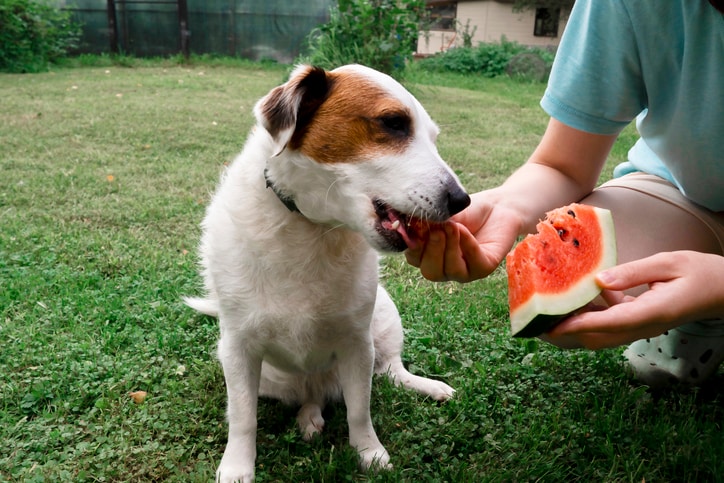Is your dog a big howler? There are actually a variety of reasons why your pet may be making this loud, annoying noise. Dog howling is a “form of communication,” says Dr. Justine Lee, a veterinary specialist in emergency critical care and toxicology, and the author of “It’s a Dog’s Life… but It’s Your Carpet.” This means that when your dog howls, she’s trying to tell you something. As such, it is important for you to connect what “your dog is saying with the way that he or she is behaving,” says Dr. Peter Wedderburn, a veterinary surgeon.
Here’s an overview on dog howling and what you can do to stop this behavior:
Why Do Dogs Howl?
Here are three common reasons why dogs howl.
- Separation Anxiety
Your dog might howl simply because he doesn’t like to be alone and wants you to come home or let him back inside. This sound is often a cry for attention.
- Noise Stimulation
Many dogs are “bred to be guard dogs,” says Dr. Lee, which means that they have an instinct to howl in situations where they think they are warning off potential predators. This innate nature often causes dogs to howl in response to sounds they hear, such as other dogs howling, fire engine sirens or certain types of music.
- Genetic Inheritance
Many dogs have a genetic predisposition to engage in this behavior, as wolf packs used to howl to indicate their location after a hunt or other event. When your dog howls, it could be because he thinks it will lead you back home to him.
What Can You Do to Stop Your Dog’s Howling?
Here are four things you can do to stop your dog from engaging in this behavior.
- Make Sure Your Dog Stays Active
When a dog is tired from playing and interacting with humans or other dogs, he’s less likely to howl simply because he’s worn out. As such, you should make sure that your howling dogs get plenty of exercise, recommends Dr. Lee. You can try taking your pet to the doggy park, playing with him outside or enrolling him in a doggy daycare while you’re at work during the day.
- Purchase a Humane Shock Collar
Dr. Lee also suggests that you try using a humane shock collar, which emits a burst of citronella when a dog howls (or barks). As dogs don’t like the smell of citronella, these collars serve to create a negative association with this undesired behavior. According to Dr. Lee, humane shock collars work best on short-haired dogs.
- Leave Your Dog With Stimulating Toys When You’re Not Home
Does your dog tend to howl when he’s home alone? Try leaving him with some stimulating toys! If your dog is busy playing, he will be less likely to howl.
- Use Positive Reinforcement
You can use a variety of training techniques to reduce your dog’s desire to howl. When going through the training process, be sure to never reward your dog for engaging in this undesired behavior. You should use positive reinforcement, instead. In other words, if your dog won’t stop howling, you should not invite him back into the house, as this sends the message that if he howls enough, he’ll get what he wants.Instead, you should ignore your dog completely, until he stops howling, at which point you can reward him by giving him what he wants, such as attention or to be let inside. You should also reward your dog when you find that he is being quiet in a situation or setting that usually makes him howl. Grab a toy and play fetch or praise and pet him.
By “training your dog well” in these scenarios, you can reduce his urge to howl, says Dr. Wedderburn. While it’s important for you to establish “a strong owner-dog relationship,” you should seek out the help of a dog trainer if you’re struggling to train your pet on your own, he says. According to Dr. Lee, you can “work with a behaviorist,” as well.
And check out How to Curb Excessive Dog Barking.
Sara Ipatenco is a former elementary school teacher turned stay-at-home mom and freelance writer. Ipatenco holds a bachelor’s and master’s degree, both in child development and elementary education. She has been published in “Teaching Tolerance” and “Family Fun” magazines.

